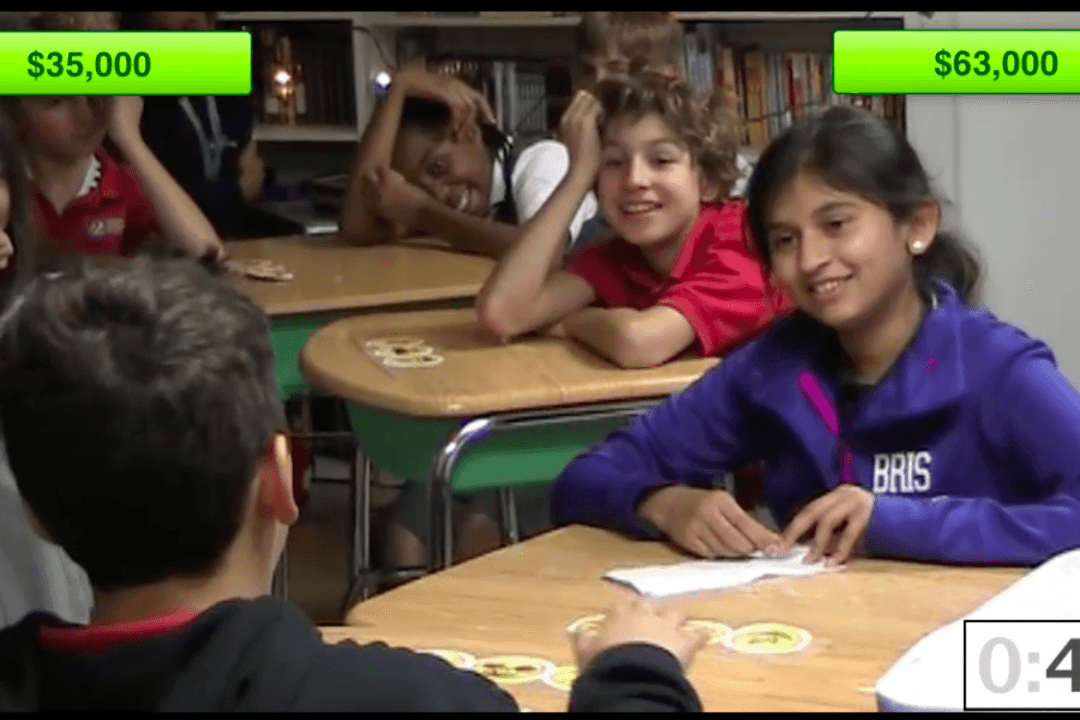Among the many things parents can teach their children, financial literacy is proving to be an essential skill, experts say.
A Feb. 24 survey from Bankrate reveals that children who are raised with a strong financial education have a higher chance of developing the habits that will get them higher pay, better credit, stronger negotiating skills, and better saving habits for their future.





